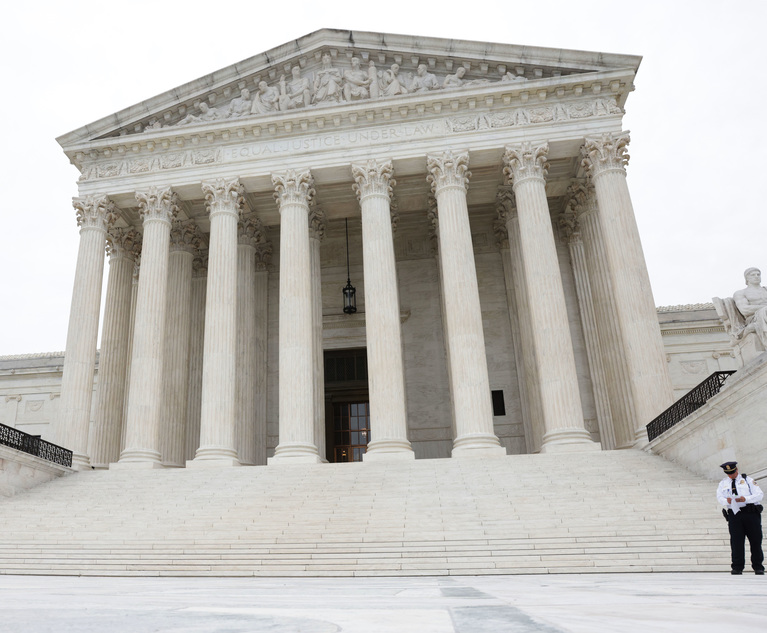In Honeycutt v. United States, 137 S. Ct. 1626 (2017), the U.S. Supreme Court ruled that co-conspirators convicted of federal narcotics violations could not be held jointly and severally liable for any criminal forfeiture judgment ordered in the case. Departing from years of past practice, the court held that forfeiture under the relevant drug statute instead would be limited solely to any property that a particular defendant actually acquired as a result of his or her participation in the criminal activity. At the time, many in the defense bar welcomed the ruling as a vital limitation on the government’s sweeping ability to strip individual defendants of their assets without regard to their relative culpability.


 U.S. Supreme Court building in Washington, D.C. September 30, 2022. Photo: Diego M. Radzinschi/ALM
U.S. Supreme Court building in Washington, D.C. September 30, 2022. Photo: Diego M. Radzinschi/ALM




